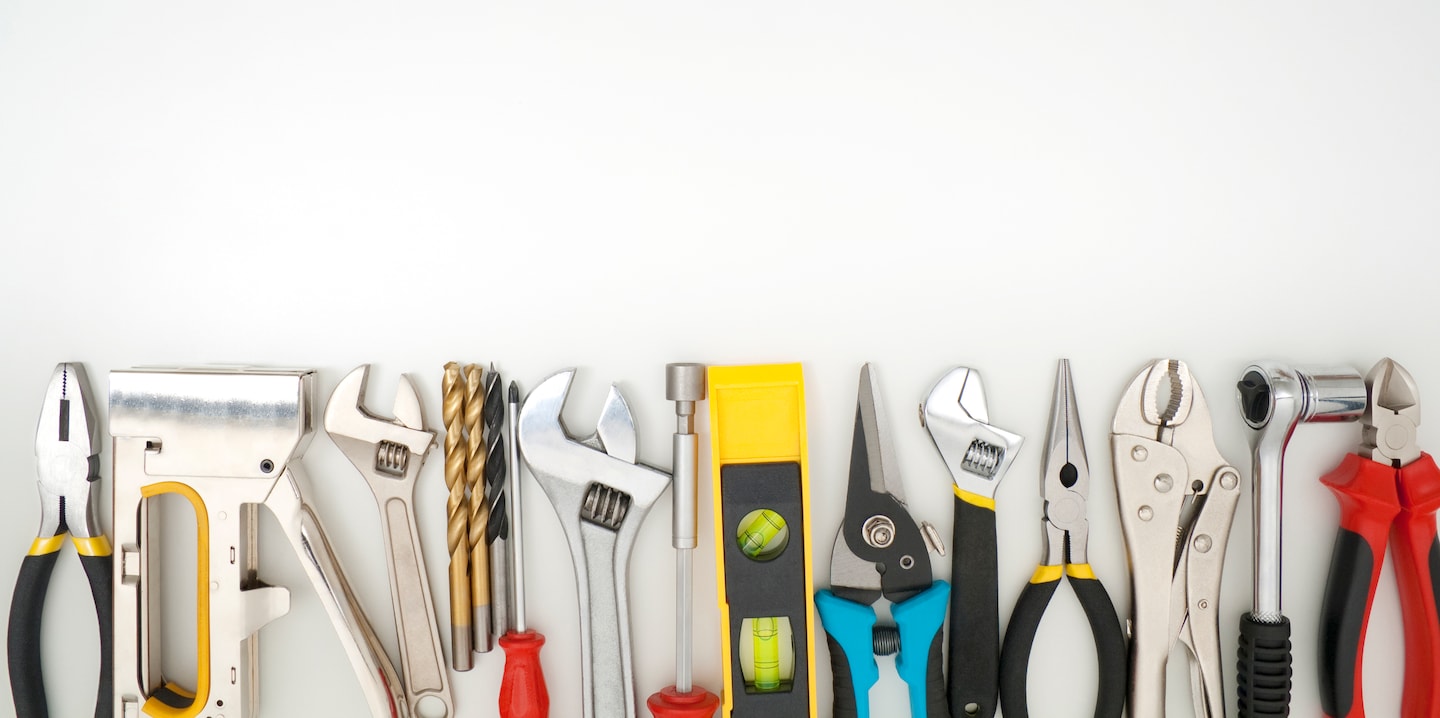How to invite a home-repair pro into your home during a pandemic

Something else you can do: Open doors and windows. The fresh air will dilute any virus that might have hitched a ride with the service tech. Running central air-conditioning will also help.
Keep in mind that workers are worried about their safety, too. By keeping your distance and asking about precautions, you’ll help put them at ease. Put on a mask before you answer the door, then keep it on while you’re both in your home. Place hand-sanitizer near your home’s entrance or in the work area. If you leave — or stay in a different part of your house — give the service person your cellphone number so they won’t have to hunt you down.
Home repair outfits are trying to adapt
The pandemic has created enormous challenges for repair pros who need to be inside homes to do their jobs. They know many customers are anxious. Checkbook contacted several top-rated service companies to find out how they’re responding to the new reality.
“It’s kind of stressful for our guys because some people are freaked out,” said Adam Bell, co-owner of Durance Plumbing in Takoma Park, Md. “We have elderly customers or those with newborns who’ve canceled at the last minute or as we’re showing up, which makes the schedule a little crazy.”
Most service companies are eager to get back to business, but some are taking it slowly as they navigate uncharted waters. ALCO Appliance, an appliance repair company in Beltsville, Md., posted this notice on its website:
“Please do not schedule an appointment unless it is necessary. We know that you are home from work and now seems like a great time to get the broken ice maker fixed, the lightbulb replaced, or the broken stove clock repaired. It’s not worth the unnecessary exposure to us or you. We are only taking appointments for NECESSARY repairs. A necessary repair is when the appliance is no longer doing its MAIN function or something has failed in a manner that is causing or could cause property damage.”
Companies are also adapting the way they do their work. The most common changes company representatives mentioned to Checkbook:
- Employees are provided with personal protective equipment (PPE) such as masks, respirators and gloves.
- New procedures have been instituted to sanitize equipment before and after each home visit.
- Any surfaces touched inside the home are sanitized.
- Employees have been taught about social distancing and how to respect customers’ concern for safety.
- Scheduling longer service calls, so the service person can slow down a bit and focus on safety, as well as on the job at hand.
- Many businesses aren’t accepting cash. Most still accept checks. But many more now can process credit card payments on the spot or via phone.
Be an informed customer
Many service companies provide safety guidance in advance of visits to help protect their customers and employees. Expect to spend more time on the phone when you call to schedule an appointment.
For a broken appliance, be ready to provide the make and model number and specifics about what’s wrong. By learning more about the problem upfront, the service tech is more likely to have the proper replacement parts in the truck, which could forestall a return trip.
Maybe you should wait
Some problems — a leaking pipe, an inoperative clothes washer — need prompt attention. The same goes for anything related to safety, such as the smell of smoke coming from a light switch. Projects that involve work outside the house, such as a new deck, roof repair or landscaping, can be done safely.
But is this the time to have your kitchen or bathroom remodeled? Everyone has their own tolerance for risk, but many health experts recommend against it right now. If you must have a longer-term project completed during the pandemic, consider a hotel stay or short-term rental for the duration.
Be wary of coronavirus health claims
During the pandemic, carpet- and duct-cleaning companies are placing ads promoting the health benefits their services provide. Some HVAC companies are claiming UV air filters will kill viruses. Much of this is just marketing hype.
Although having your carpet and rugs cleaned will remove odors, dust and germs, there is no evidence that will provide any protection from the coronavirus.
And don’t assume that cleaning the air ducts for your HVAC system will improve your home’s air quality, as some companies claim. There is no science to support any health claims for this service. The Environmental Protection Agency does not recommend routine air duct cleaning.
Similarly, be skeptical of claims made by HVAC companies that they can install UV filters that will eliminate germs. No one yet knows whether the units available for home use emit enough of a UV dose to effectively kill the coronavirus.
Herb Weisbaum is a contributing editor at Washington Consumers’ Checkbook magazine and Checkbook.org, part of a nonprofit organization with a mission to help consumers get the best service and lowest prices. It is supported by consumers and takes no money from the service providers it evaluates. You can access all of Checkbook’s ratings and advice until Aug. 25 at Checkbook.org/WashingtonPost/repairs.






